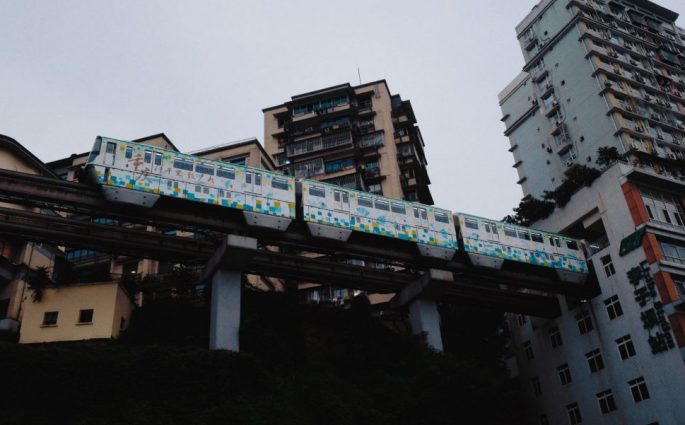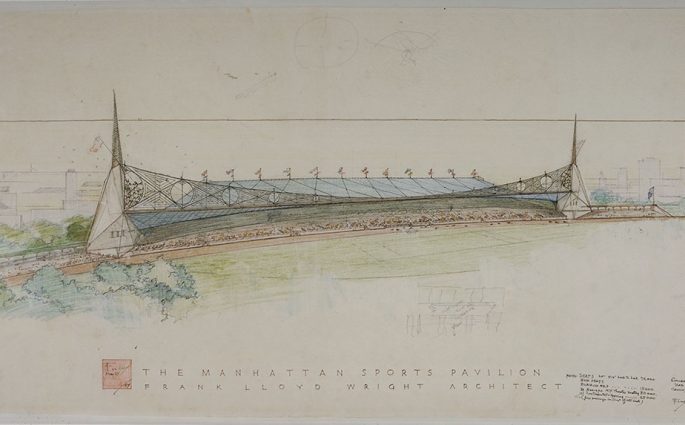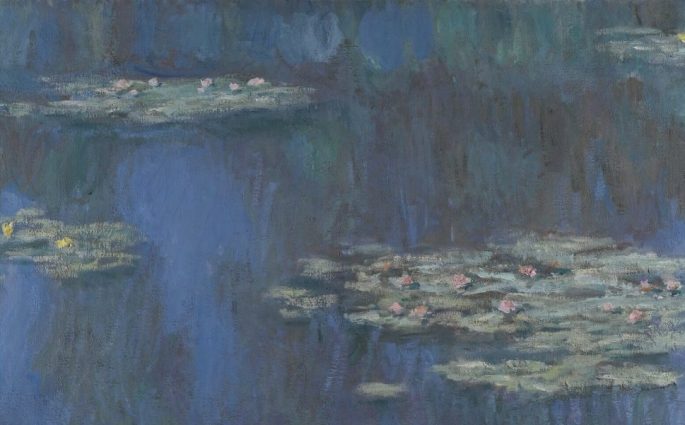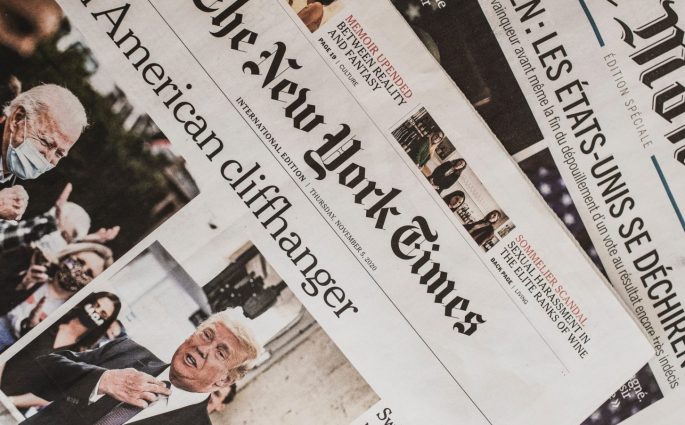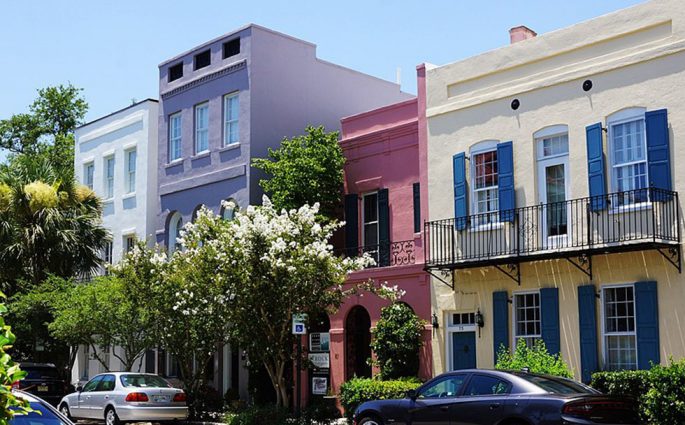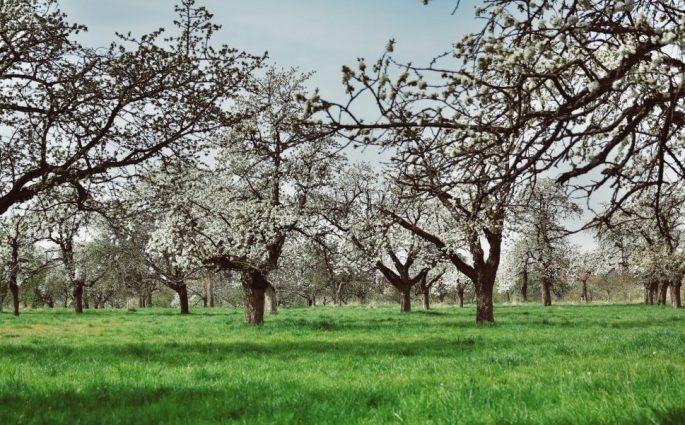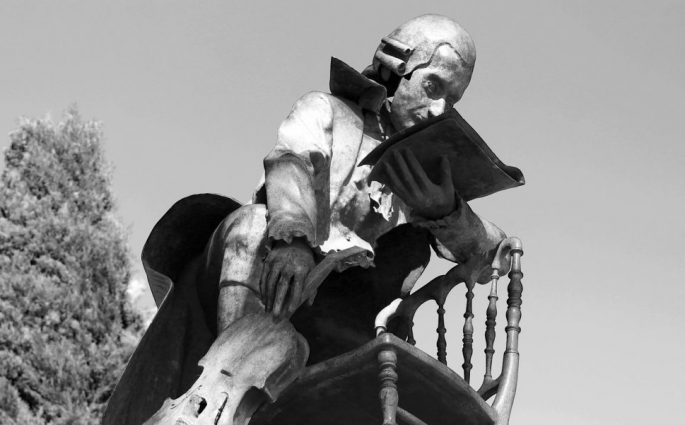The Pan-Asian Dream
Jonathan E. Hillman— In 1995, Mahathir revived a plan for a “pan-Asian” railway network. Versions of the idea have existed since the early 1900s, when British and French colonialists built some of the region’s first tracks and began drafting plans for more extensive networks. The concept resurfaced in an even

